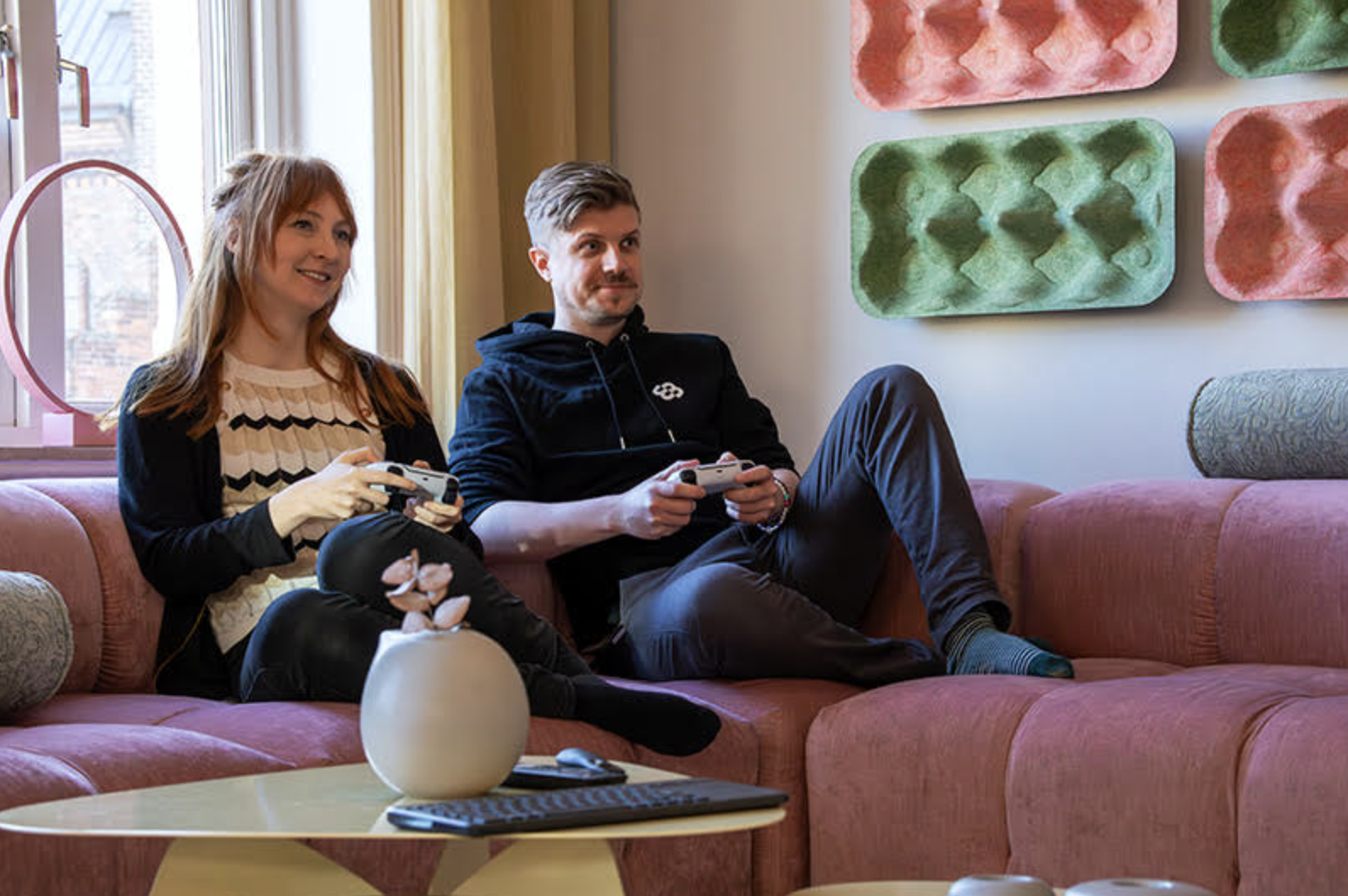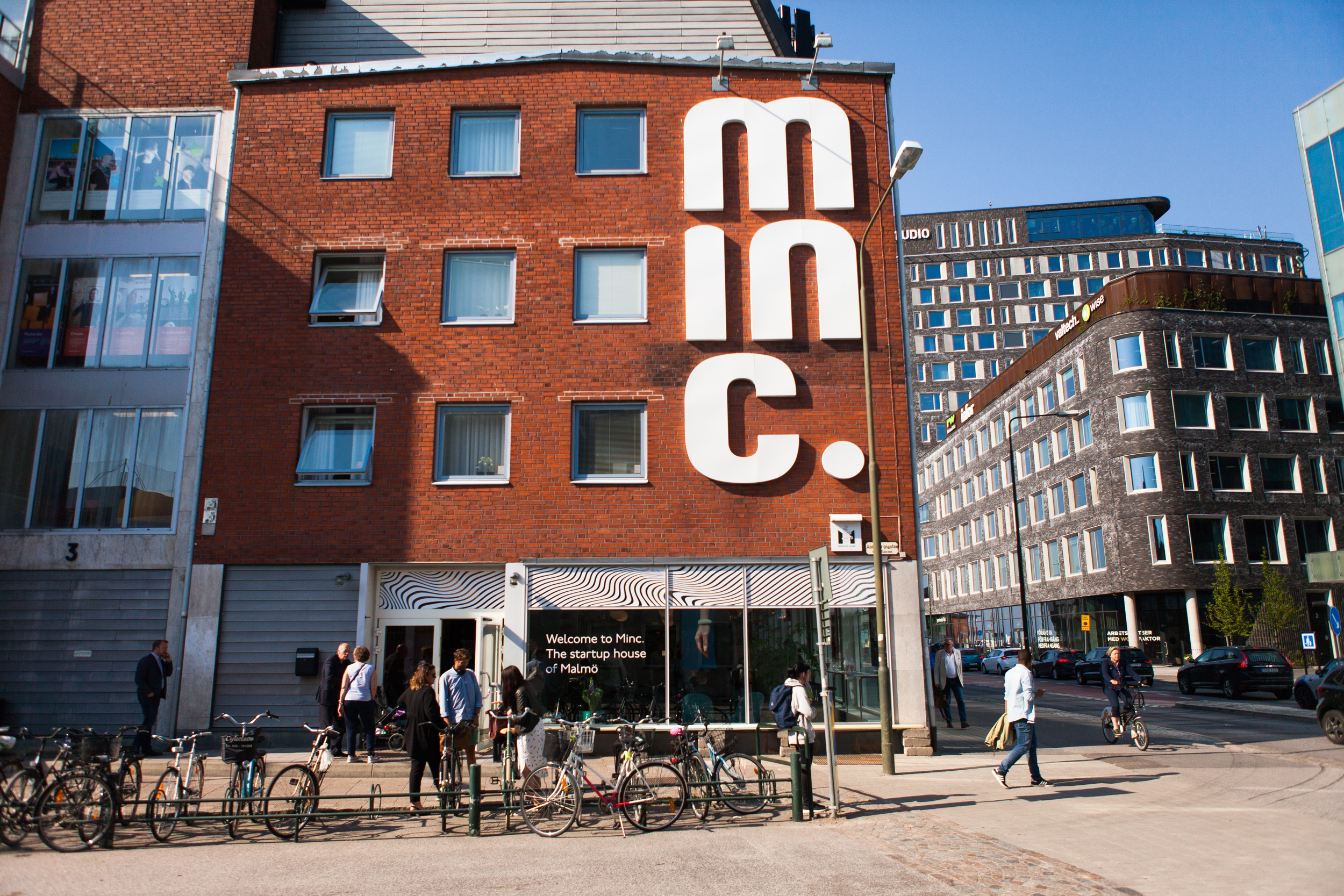Minc Tourism Acceleartor: The new social, part 1

A divider among startups today is whether it has a social community around it or not. We see it everywhere. Minecraft and Animal Crossing have had a very strong and growing community around them for years. Which is something their peers lack. Strava helps runners and cyclists come together all over the world. All thanks to the social integration in the app. “Strava or it didn’t happen”, am I right? This is also why their growth - in numbers and community - is stronger than their competitors over time.
Social interactions on the world wide web have changed quite a lot since the IRC and ICQ days. Facebook has been around for the public since 2006, and it is still growing and evolving. And so is the users. People are getting more mature and picky by the day. We use the platforms in a different way than ten years ago.
People seem to no longer be interested in big open public spaces. In general, the trend is moving towards small and niched groups where you can interact with peers. On Facebook, for instance, people post fewer public posts than a few years ago. But they engage more in groups than ever before. Swedes' habits to get involved in Facebook groups increased by 5% between Q1 and Q3 in 2020. It’s seen and used as a source of information. A place where you can talk about whatever interests you. Getting geeky and connecting with like-minded people.

The trend is going away from the big players and towards smaller autonomous social groups. Or islands if you will. Instead of embedding Facebook into a product, the social slice of it is designed for the specific product.
There may different reasons for this. One of them could be that startups, and companies in general, don't want their product and data to be owned by a giant like Facebook. Another theory is that most consumers are more particular about how they spend their screen time. They want value, rather than mindless scrolling. Patreon is living proof for this. Users are willing to pay, to get exclusive content from their favorite creators. By leaving the price per post up to the users also make it more accessible.
We believe that there is room for solutions working as a bridge between the digital and physical world. Especially in tourism and hospitality. Building social platforms is easier and more accessible than ever before. This has changed the conditions of the market. What's missing is bold ideas and startups willing to lead the way, and try things out.
This is also one of the aspects we've been looking at when picking startups for the second batch of Minc Tourism Accelerator. By building a stable ground for a niched social product, chances are that it will grow faster than without it. There's even an opportunity to outgrow established companies that lack any social feature. By having a strong community around the product. Both the community and the product will grow over time.
Make sure to check out Minc Tourism Accelerator!
About Minc
At Minc, we believe in creating something bigger than yourself. We offer everything an entrepreneur needs to go from concept to market in-house. Our international network of advisors and award-winning programs will help your startup scale faster and smarter. Welcome to the startup house of Malmö.
Related Posts

Storsatsning ska ge ny miljardsuccé från Malmö
Malmö stad skjuter till miljonbelopp för att Minc och Game Habitat ska utveckla spelbranschen i staden.
Learn more
Game Habitat och DevHub tar plats på Minc
Malmös startup- och spelcommunity kommer närmare varandra.
Learn more.jpg)
Mincs investeringsstruktur gör sin bästa exit hittills
FTC2 firar sin största exit hittills genom uppköpet av HR-techbolaget Eletive.
Learn more